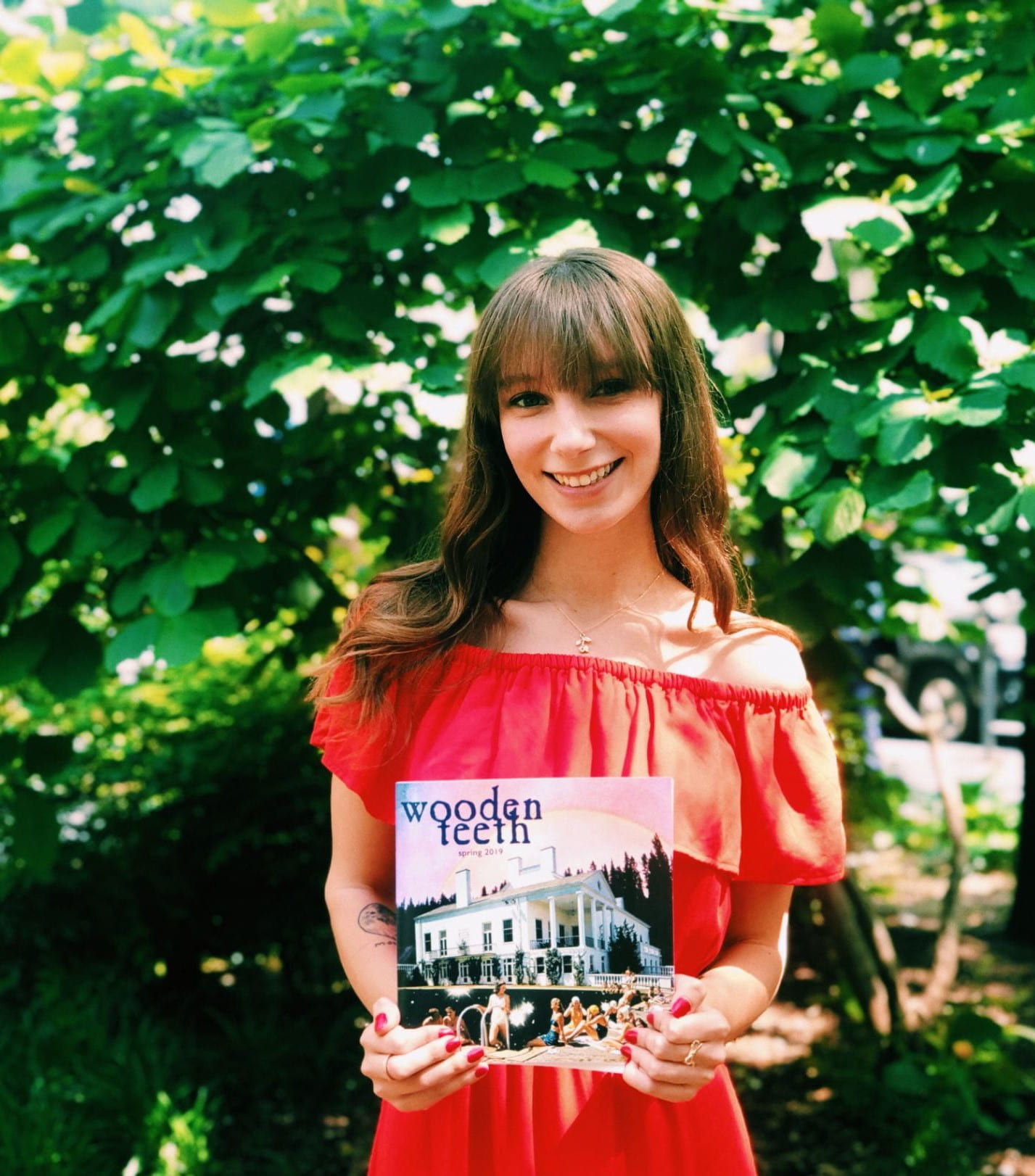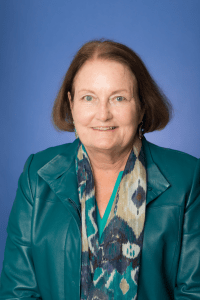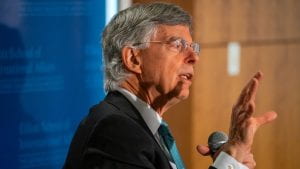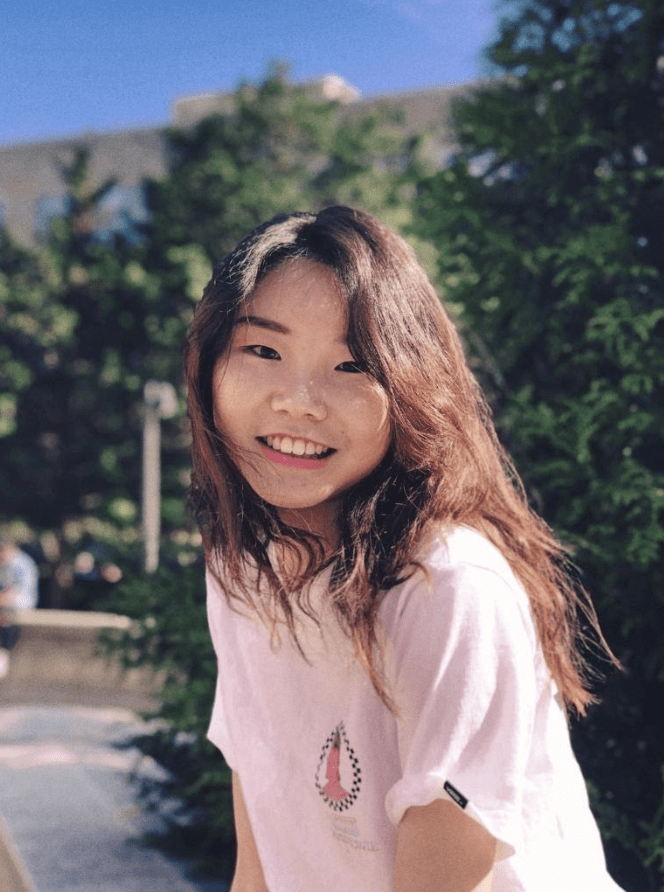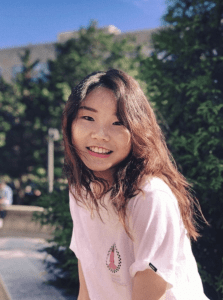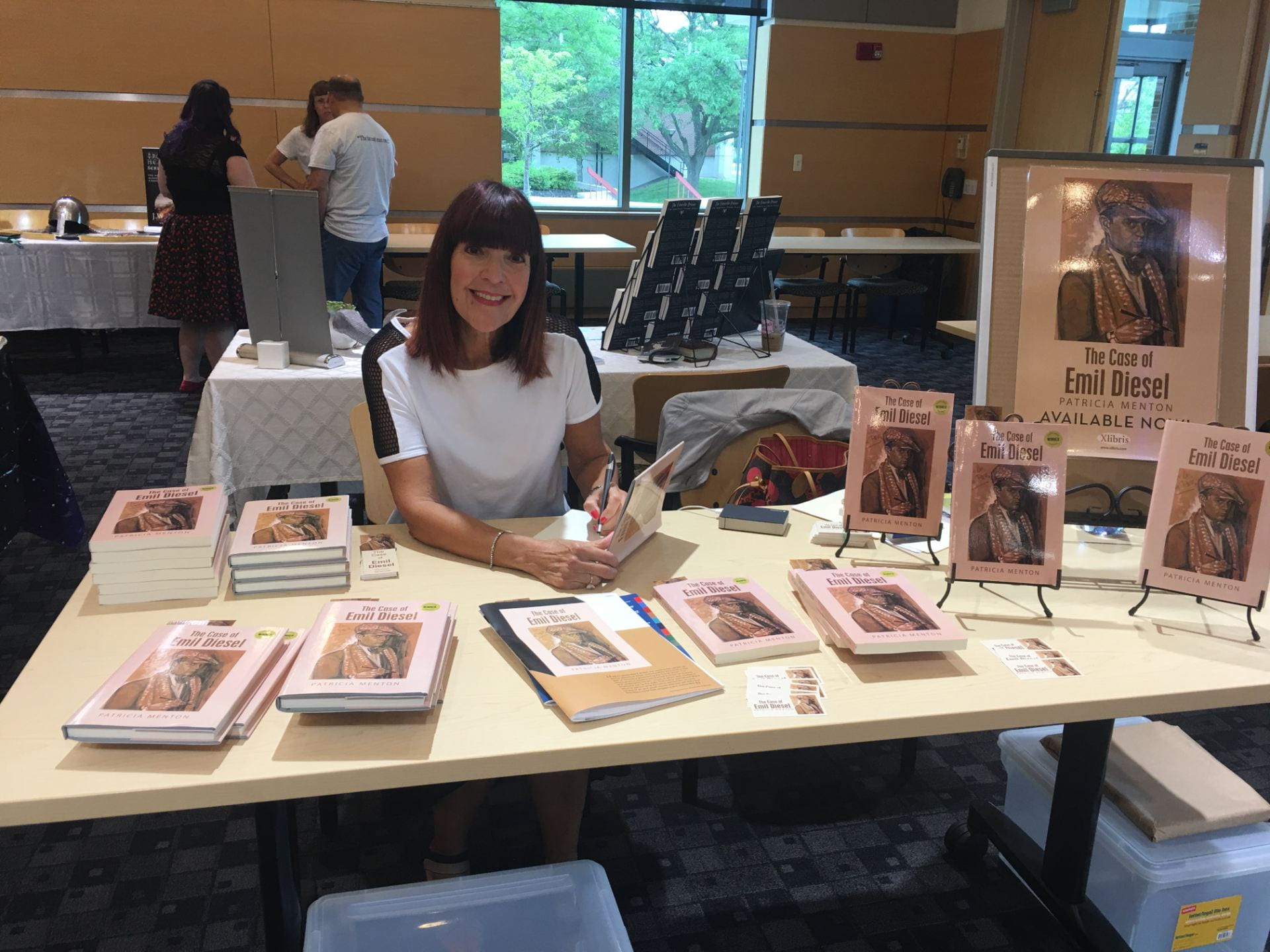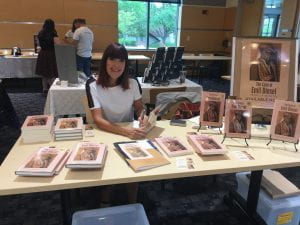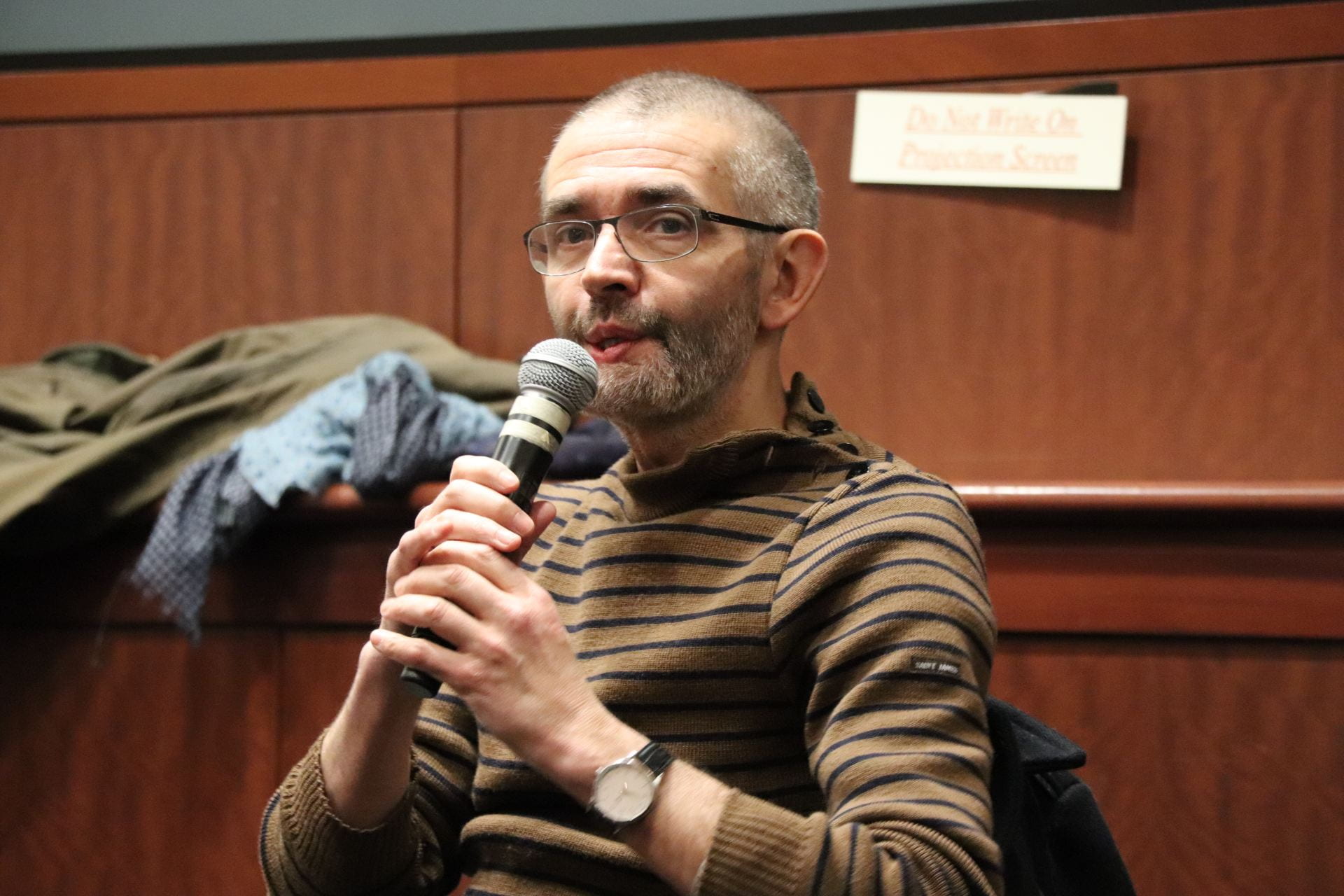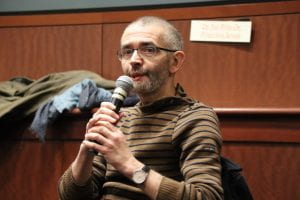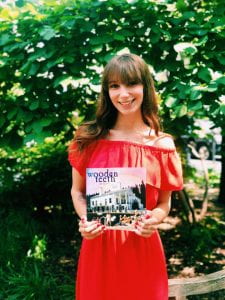
Has the disruption in your life and school caused by the Covid-19 pandemic had an effect on your career goals?
If the pandemic has taught me anything, it’s that my circumstances and the world around me are capable of drastically changing without warning. Thus, I must spend my time intentionally and treat the present moment as one that could shape my future — this doesn’t have to wait until graduation to start happening. I would love to work as a public diplomacy officer in the U.S. Foreign Service, so the disruption has allowed me to become anchored in studying for the Foreign Service Officer Test. The feeling of not doing anything productive right now has also reinforced the idea that as long as I am involved in things I care deeply about — human rights, public diplomacy, international education, gender based violence prevention, and writing — I am going to be more than happy.
Assuming the GW campus is open in the fall for students to return, what things do you imagine will be different?
I imagine that a collective sense of gratitude for DC will be present like never before. I also foresee professor-student relations becoming a lot closer; I’ve been very lucky to have the professors I do during the online continuity period, and there is such a sense of “missing each other.” I think that will carry on into the fall.
Can you name one negative and one positive from your experience ?
I am glad GW is keeping us safe, and as an incoming RA for the 2020-21 school year, I know that the residential administrative team has a very challenging job right now! However, I could only bring home one suitcase! I am working this summer and have no access to my professional clothing, which has been something that actively stresses me out. On the positive end, I have many things to be grateful for! I would like to especially thank Elliott’s own Profesor Qazi; she has been a tremendous source of comfort, encouragement, and light in this stressful time. Professor Qazi has struck the right balance between giving students flexibility and compassion while also challenging us in all the right ways. I would not feel as prepared or excited for my future had I not been in Professor Qazi’s class during the online period! Another positive is that the Writing Center has pretty much seamlessly transitioned to an online platform! I work as a consultant there, where I hold individual appointments, virtual cafes, and a virtual writing support group. I love how passionate and driven GW students remain even though the world feels as though it is falling apart. The Writing Center has been a home to so many, and getting to see my clients and my peers has been one of the happiest parts of lockdown for me.
Your college years are some of the most socially active years of your life. How has self-isolation been for you and your friends?
While on some days, I do feel as though I am “missing out” on the college experience I had envisioned for myself, I remind myself that the entire world is missing out on things right now. Every person I’ve kept in contact with is missing out on things they had planned for themselves, and in a way this collective grief has made it a bit easier. I am back in my hometown of Oxford, Michigan, a rural community an hour north of Detroit (former gravel capital of the world!). My friends and I “get together” by reliving college memories through videos and memory journals. When The Strokes released their new album, I hosted a virtual listening party. In Professor Rollberg’s Russian Literature course (one of the best classes I have ever had the privilege of taking!) each week we get to discuss some amazing works, and I’ve really appreciated this time of “togetherness” with such an amazing class.
Have you worked or begun a project outside of school that you might not have otherwise?
I have been doing a lot of writing! Thanks to GW’s Professor Annie Liontas, I’ve been able to look at this pandemic narratively. She’s encouraged me to keep writing through this experience and it’s definitely helped me cope with everything this pandemic has caused. Her kindness and talent has definitely made a WORLD of difference to me during this time! Another passion-project of mine is my second-grade pen pals. My mother is a second-grade teacher, and so for the last few years I have been pen pals with her students. I think I have upwards of 90 at this point! Her current class got their school year cut short due to the virus, and keeping correspondence with them has brought me infinite joy throughout this time, truly. They are living through something so paramount at such a young age, and we are able to be there for each other in a lot of different ways. One of my favorite museums is DC’s National Postal Museum, naturally! On the outside of the building there is an engraving: “Messenger of sympathy and love / servant of parted friends / consoler of the lonely / bond of the scattered family / enlarger of the common life.” I’ve been thinking a lot about this message during GW’s online period
Is there anything else that you would like to add?
I just want to give a big thank you to my professors right now, who have tremendously succeeded in making the online continuity period as meaningful as it could be and more. GW students are all so resilient and unique, and while I do feel uncertain, I certainly don’t feel alone.

